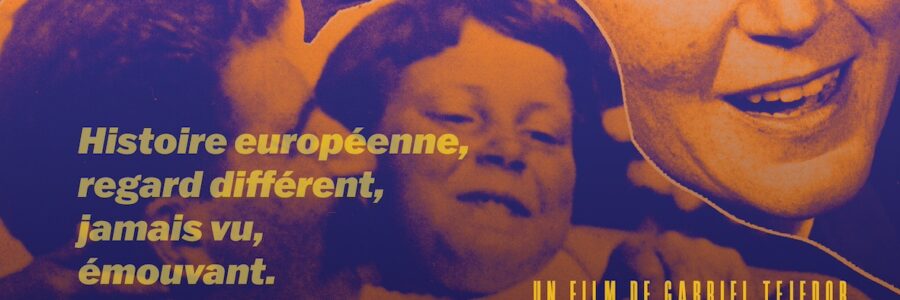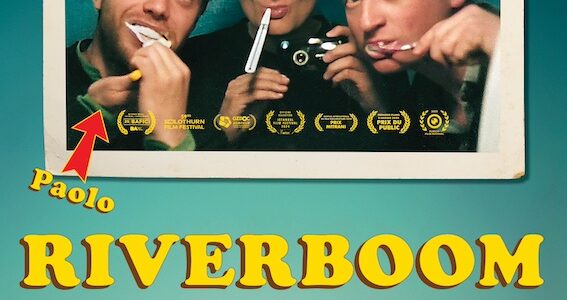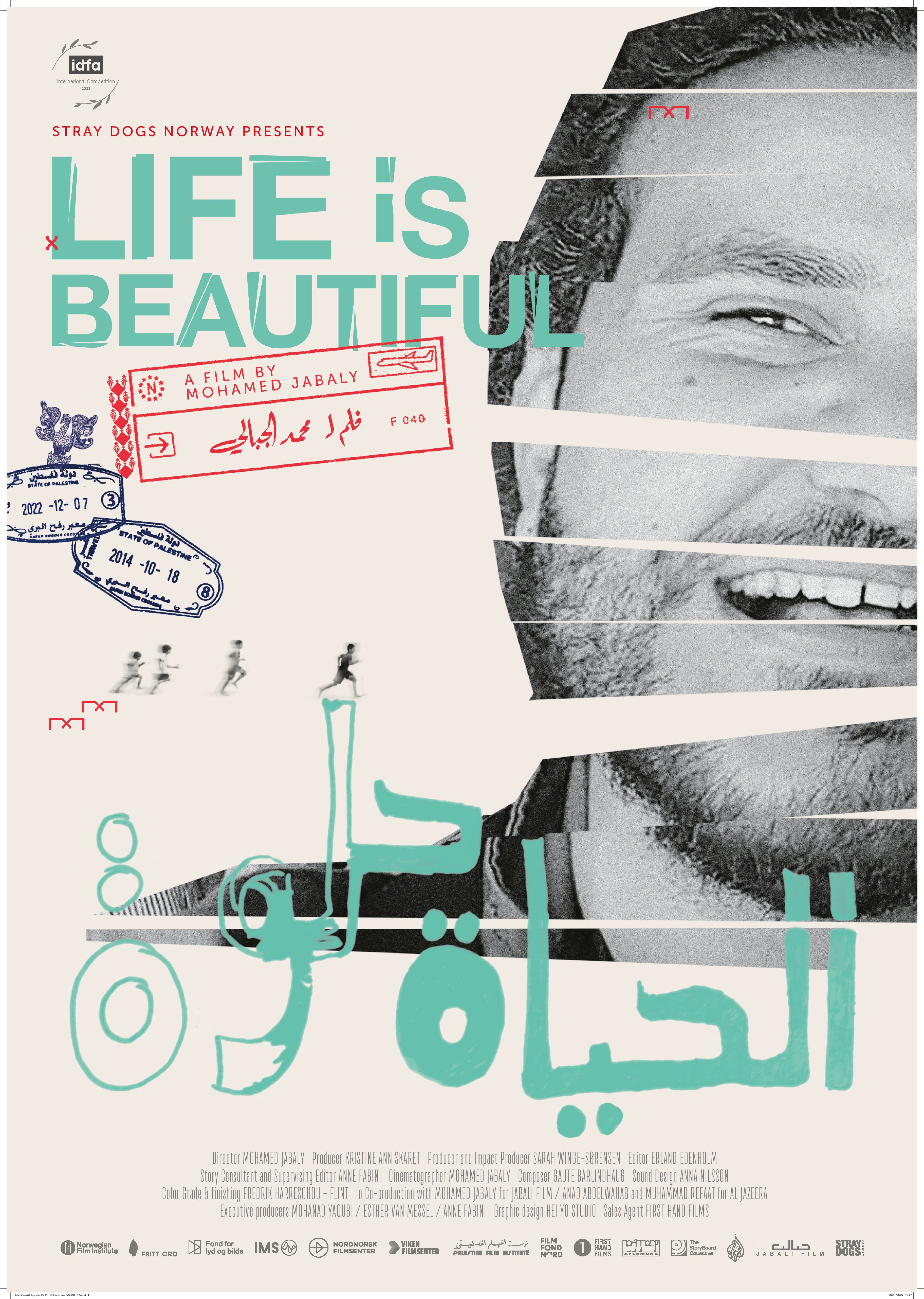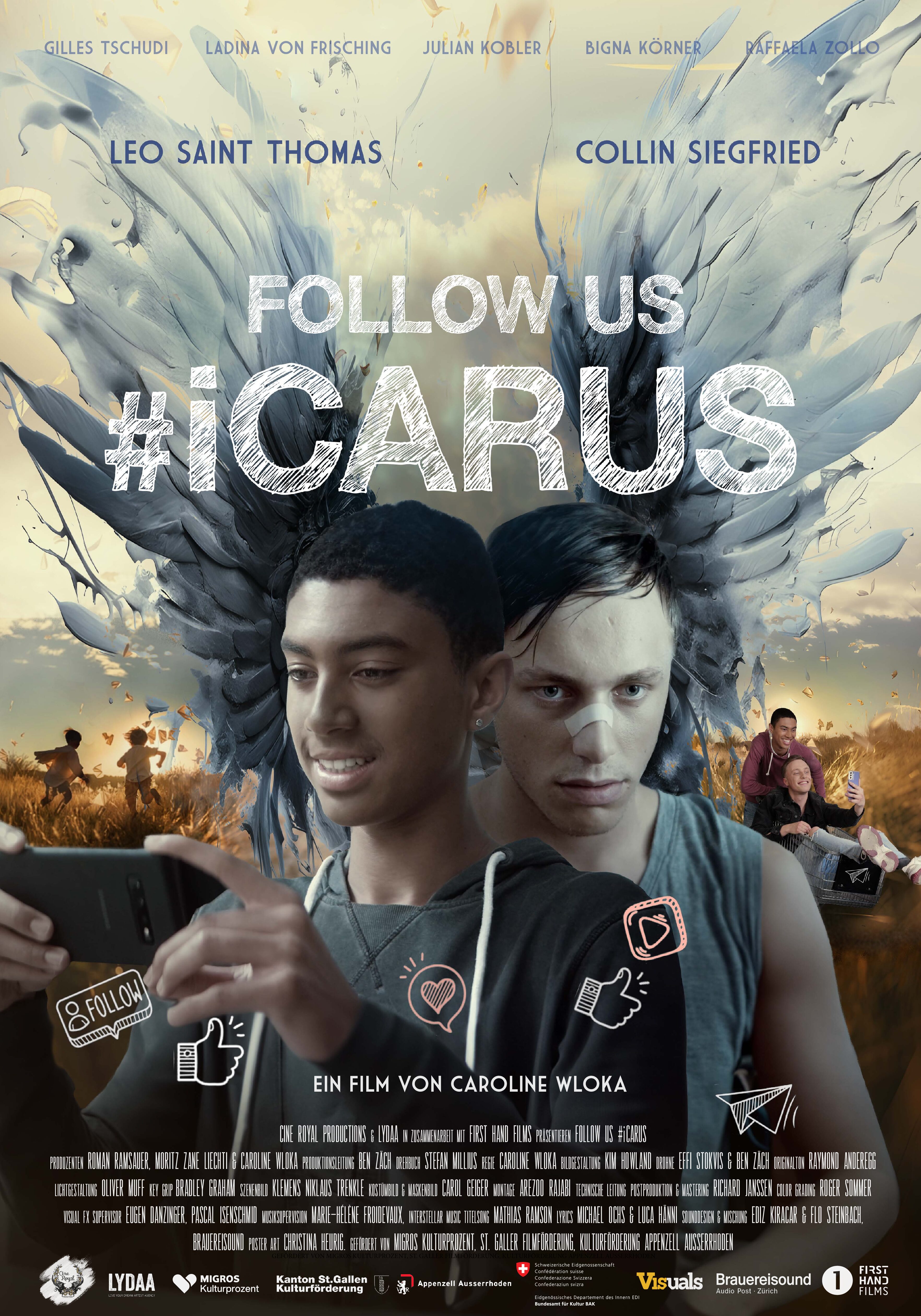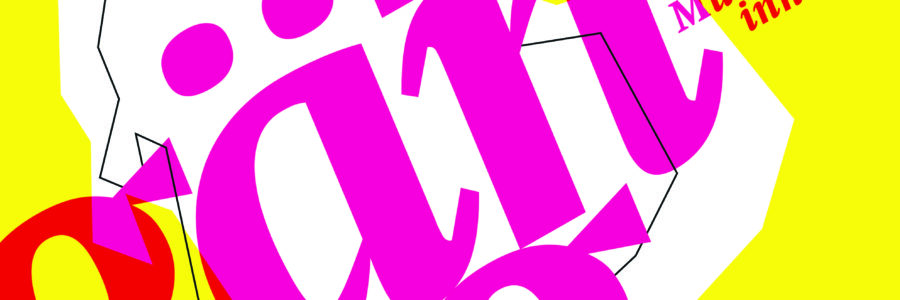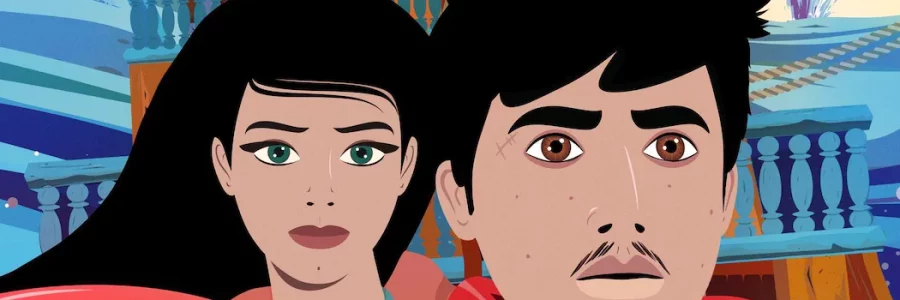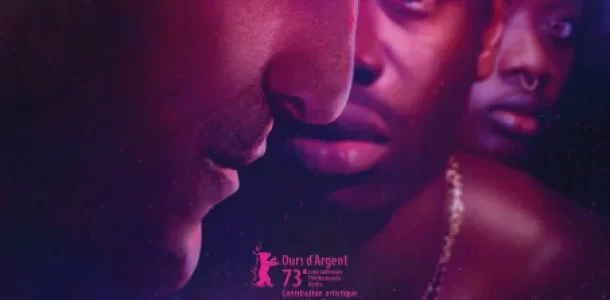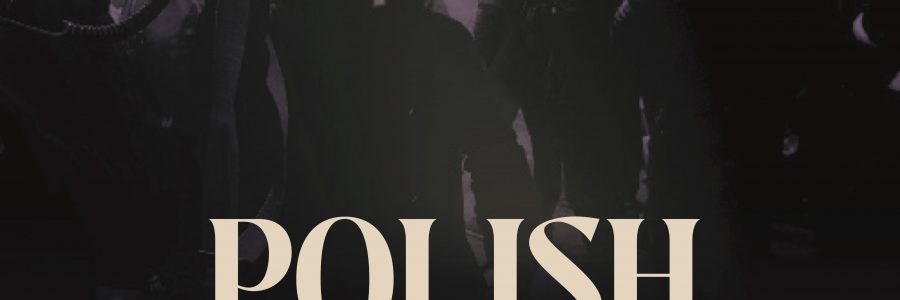Mesmerizing & Hypnotic – Sofilm
Visually stunning – The Guardian
A prodigious odyssey – Arte
Giacomo Abbruzzese’s hypnotic debut work was greeted as a breath of fresh air at the Berlinale and awarded the Silver Bear for Hélène Louvart’s cinematography. Franz Rogowski’s usual intense acting is in harmony with the examination of the simultaneity of different lifeworlds, blurred boundaries, and the demand for new, contemporary stories in this drama about a foreign legionnaire.
Aleksei is willing to do anything to escape Belarus. He travels to Paris and enlists in the Foreign Legion. He is sent to fight in the Niger Delta, where the young revolutionary Jomo is fighting the oil companies that have devastated his village. While Aleksei looks for a new family in the legion, Jomo imagines becoming a dancer, a disco boy. In the jungle, their dreams and destinies will cross.
Aleksei is a young Belarusian on the run from a past he must bury. In a kind of Faustian pact, he becomes a member of the French Foreign Legion and in return receives French citizenship. Far away, in the Niger Delta, Jomo is a revolutionary activist engaged in armed struggle to defend his community. Aleksei is a soldier, Jomo a guerrilla. Through another senseless war, their fates become intertwined.
What is “otherness” and can you integrate it into your own self as you go through life, crossing borders and being in an ever-changing space, both physically and mentally? Giacomo Abbruzzese’s unconventional thinking and inventiveness catches our eye as he explores such questions through an image-rich narrative and staging full of poetry and fertile tension. Bodies go through trance states that are both revealing and gifting as they create the possibility for communication. Electronic musician Vitalic’s powerful soundtrack accompanies this magical reverie, contributing to the idea that a nightclub is the closest you can get to transcendence, and the ultimate destination for people who point their compass towards the sacred horizon of utopia.


